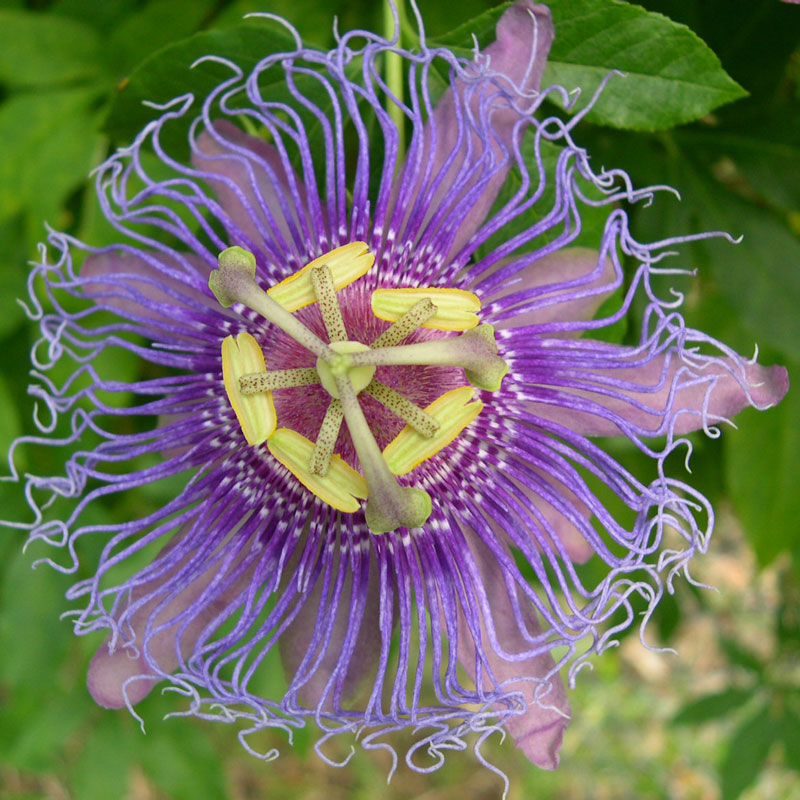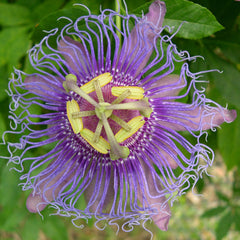

Passion Flower (Passiflora incarnata)
- $14.00 CAD
- $14.00 CAD
- Unit price
- per
50g, 100g, 250g
Couldn't load pickup availability
Parts used: Herb
Properties
Anodyne, anti-inflammatory, antispasmodic, diaphoretic, nervine, sedative
Primary nutrients
Calcium and magnesium
Passion flower is very soothing on the nervous system and for conditions such as insomnia, hysteria, anxiety and hyperactivity. It is also useful for eye conditions such as inflammations, dimness of vision and eye irritations.
Passion flower depresses the central nervous system to help with insomnia, anxiety and nervousness and may be useful in lowering high blood pressure. Combinations containing valerian and passion flower are considered very useful as a natural tranquilizer. Passion flower is thought to be safe for children as well as the elderly.
Passion flower contains complex substances that work on the nervous system as a sedative. The components responsible for the overall effect are not specifically known. The extract of passion flower has been found to reduce locomotor activity and prolong sleep. One of the active ingredients of the plant is thought to be passiflorine, which has some similar activity to morphine. It contains anti-inflammatory properties that may be useful for those suffering from arthritis. Another possible benefit of passion flower is its ability to kill a wide variety of organisms, such as yeasts, molds, and bacteria. As an antispasmodic, passion flower works on the digestive system smooth muscles as well as the uterine muscles, making it effective as a digestive aid and for menstrual cramps.
Passion flower contains calcium and magnesium, both essential for the nervous system.
Primary Applications
Alcoholism
Anxiety
Asthma, spasmodic
Blood pressure, high
Eye infections
Eye tension
Fevers
Headaches
Insomnia
Menopausal symptoms
Nervousness
Neuralgia
Secondary Applications
Bronchitis
Convulsions
Depression
Diarrhea
Dysentery
Epilepsy
Eyestrain
Menstruation, painful
Muscle spasms
Pain
Parkinson’s disease
Restlessness
Seizures
Vision, poor
50g, 100g, 250g
RELATED PRODUCTS
- Choosing a selection results in a full page refresh.



